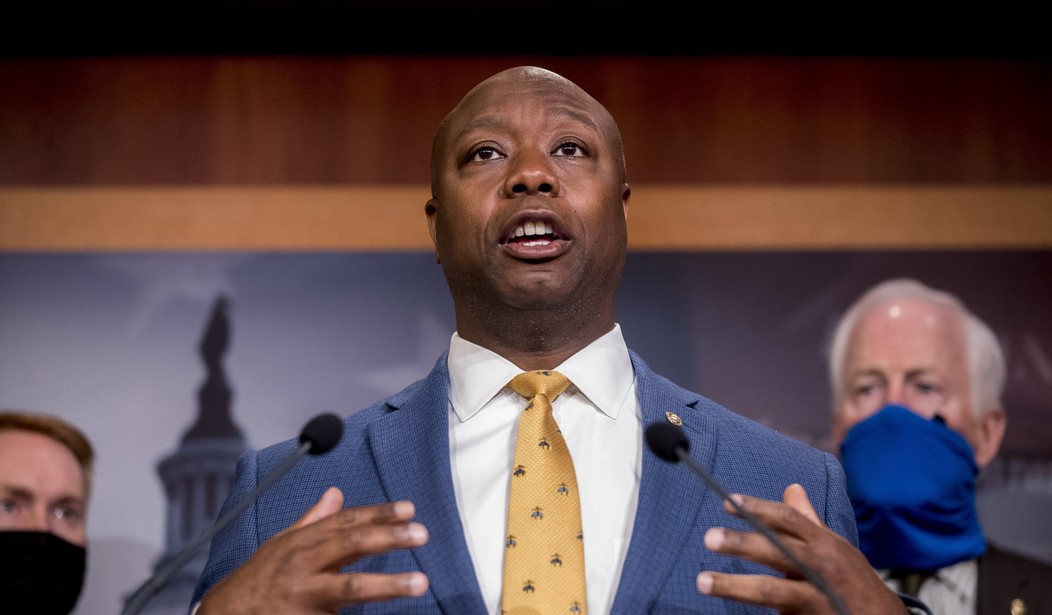A bipartisan police reform bill being negotiated by a small group of House and Senate members is gaining some momentum and may be introduced sometime later this month.
But numerous sticking points remain to be hashed out and the whole process may fall apart before the bill even gets introduced.
In truth, it’s a modest proposal. The negotiators have reached an agreement on provisions that would prevent the Pentagon from selling equipment to local police departments, ban the use of chokeholds, and severely restrict no-knock warrants. Still at issue is the contentious issue of prosecuting individuals and the liability of individual police officers.
The proposals are far more moderate than the police reform bill that passed the House at the height of the protests last year. That bill would have abolished qualified immunity, and “would crack down on excessive police force and ban chokeholds, enforce national transparency standards and push accountability for officer misconduct with a national database to track offenses,” according to Politico.
But there’s plenty to be worried about when you consider the Democrats want to gut qualified immunity and leave individual officers open to a very broad definition of “violating civil rights.”
The language now being discussed would prohibit the Defense Department from transferring to local police agencies equipment including firearms, bayonets, grenade launchers and some armored vehicles, one of the people involved in the negotiations said. Police departments around the country have had access to surplus military equipment, the use of which has drawn criticism from civil rights groups who say the presence of heavily armed police officers exacerbates tensions during demonstrations.
It would also require officers who use no-knock warrants—which permit them to enter premises without notification to any inhabitants—to avoid destroying property in the process. It also would set a national ban on officers using chokeholds except as a last resort when their lives are in danger.
Presumably, “destroying property” wouldn’t include the door to the offender’s home.
Banning chokeholds “except in life-threatening situations” opens a whole other can of worms for officers. The chokehold is used to prevent a suspect from creating a “life-threatening situation.” So now, officers have to wait until a suspect creates a life-threatening situation, at which point the officer has other options besides a chokehold — options that are even more dangerous to the suspect than a chokehold.
But it’s the standard used to federally prosecute police officers where the two sides will draw a line in the sand.
The negotiators are still in disagreement over whether to change the standard needed to federally prosecute police officers, those involved in the discussions said. The current statute requires them to show an officer willfully violated someone’s rights, a standard that some legal experts have said makes federal cases against officers challenging. Democrats want to lower it to “knowingly or recklessly.” Republicans don’t want it changed at all.
They also are discussing possible changes to the doctrine known as qualified immunity, which shields police officers from lawsuits and limits civilians’ ability to claim damages if their constitutional rights are found to have been violated by police.
Making it easier to prosecute police officers doesn’t make anyone any safer and only puts more pressure on individual officers in situations where the pressure is already intense.
Senator Tim Scott is beginning to be recognized as a leader in the Senate and if Republicans take back the chamber in 2022, he will be mentioned prominently for a leadership position. If a bipartisan bill passes, both parties will owe Scott a debt of gratitude for trying to find a middle ground on a very divisive issue.










Join the conversation as a VIP Member